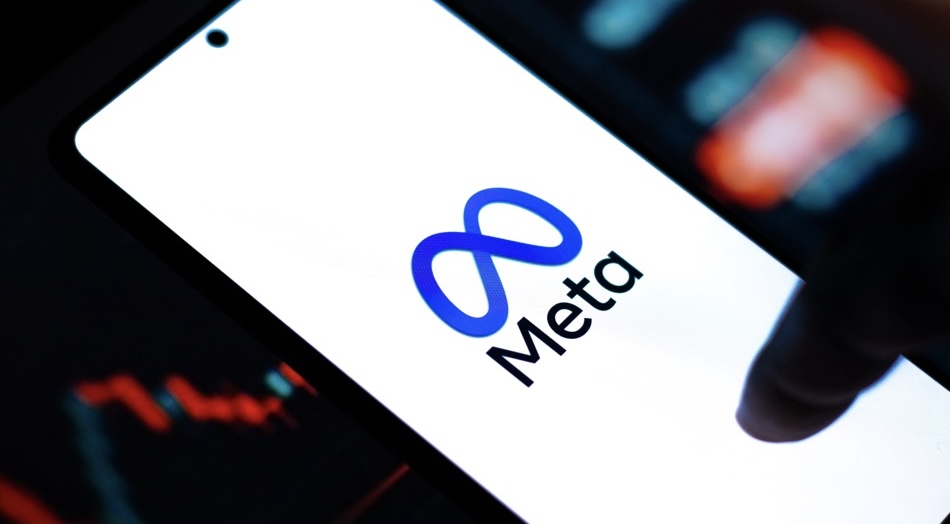
Meta is stepping up its fight against online scams by testing facial recognition technology to tackle “celeb-bait” ads and assist users in recovering compromised accounts.
The new measures aim to enhance Meta's existing defenses, making it harder for scammers to deceive users and providing faster access recovery methods for affected accounts.
Using AI to detect fraud
One of the key updates involves using facial recognition to detect and block celeb-bait ads, a common tactic where scammers use public figures' images to lure users into fraudulent schemes. Meta's machine learning tools already scan millions of ads across its platforms, but detecting these sophisticated scams remains a challenge.
The new system will compare the faces in ads to the public figure's images from Facebook or Instagram profiles. If a match is found and the ad is flagged as a scam, it will be blocked. Meta assures users that all facial data collected during this one-time comparison will be deleted immediately, regardless of the result.
Initial tests involving a small group of celebrities have shown encouraging results, with faster detection of fraudulent ads. Meta plans to expand this protection, notifying more public figures through in-app alerts as they are enrolled in the system, though they can opt out anytime via their Accounts Center.
Alongside ads, Meta also aims to use facial recognition to crack down on impersonation scams, where fake accounts claim to be celebrities promoting investments or giveaways. The company hopes to test this feature soon to detect impostor accounts more efficiently.
Recovering hijacked accounts
Meta is also testing a video selfie option to help users regain access to their accounts if compromised. Currently, recovering a hacked account requires identity verification through an official ID or certificate.
The new method allows users to upload a video selfie, which will be compared to their profile pictures to verify their identity. Meta promises that the selfie is encrypted and never visible to others, and all facial data is deleted after the comparison. This approach is designed to be quicker and harder for hackers to exploit than traditional document-based verification.
Meta stresses that privacy remains a priority, emphasizing that its use of facial recognition has undergone rigorous privacy and risk assessments. The company aims to balance security with user control by offering educational notifications and ensuring that users can opt out of the facial recognition features if they choose.
While these measures aren't expected to eliminate scams completely, they show that Meta is on the right path of deploying cutting-edge technology to help detect and block as many cases of fraud as possible. The company continues to engage with regulators and policymakers as it develops these tools to ensure that privacy and security aren't compromised in the process, so users allegedly have nothing to worry about these initiatives.
From their perspective, users concerned about their account security should use long and unique passwords and also enable two-factor authentication (2FA) as an additional protection measure.







Leave a Reply